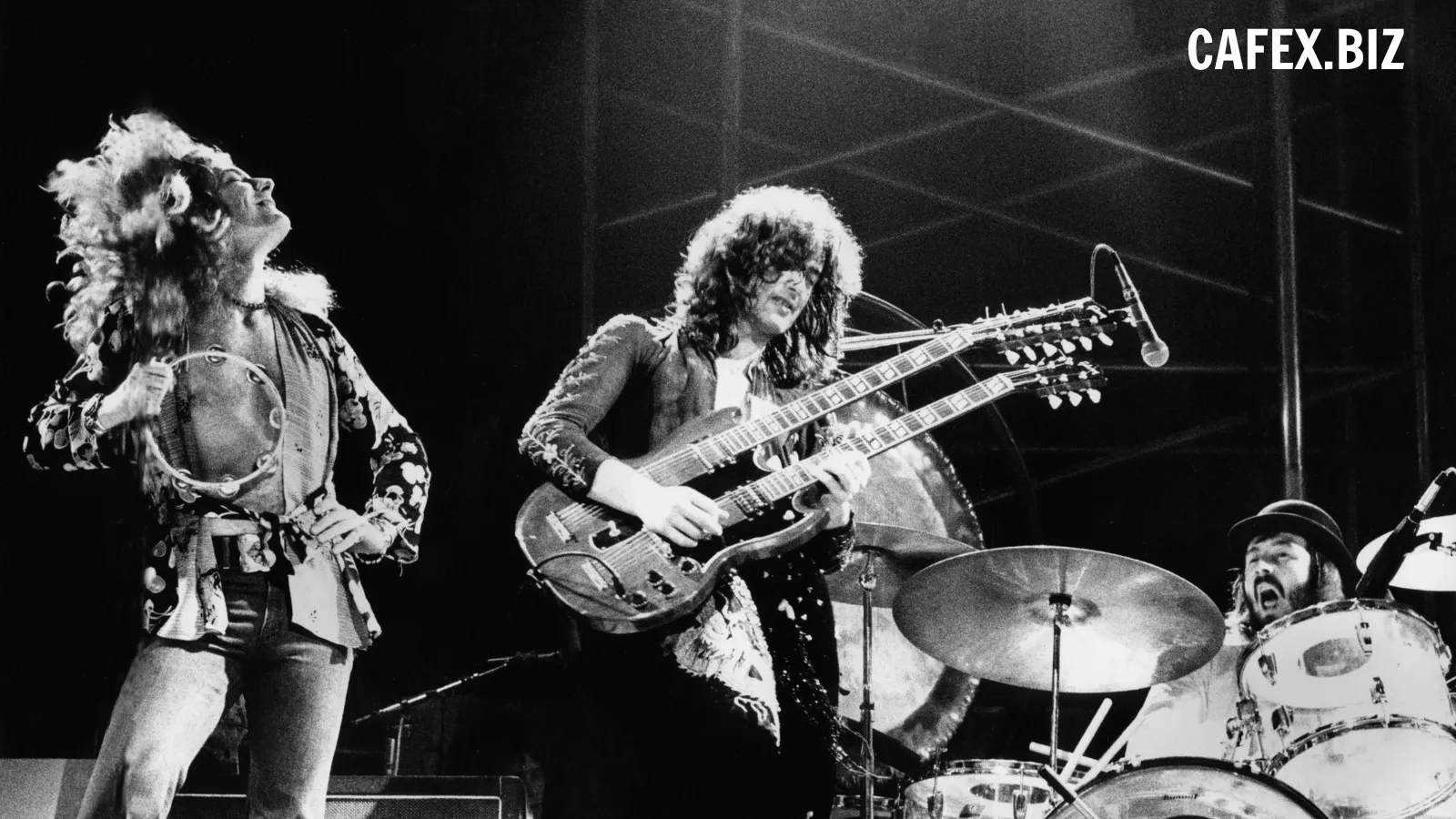Elvis Presley: The King of Rock 'n' Roll - A Legendary Journey through the Life of a Musical Icon
Elvis Presley, widely known as "The King of Rock 'n' Roll," is an American music legend who forever changed the landscape of popular music. Born on January 8, 1935, in Tupelo, Mississippi, Elvis rose from humble beginnings to become one of the most celebrated and influential musicians of all time.
His charismatic stage presence, unique voice, and revolutionary fusion of various musical styles left an indelible mark on the world. This article traces the extraordinary life of Elvis Presley, from his early years in Mississippi to his meteoric rise to fame, the challenges he faced in his career and personal life, and his enduring legacy as a cultural icon.
1. Childhood and Early Influences
Elvis Aaron Presley was born to Vernon and Gladys Presley, a humble working-class family in Tupelo, Mississippi. His love for music began at an early age when he attended a local church and became exposed to gospel hymns and blues.
Inspired by the music he heard on the radio, young Elvis began to experiment with various musical styles, including gospel, country, and rhythm and blues. His love for music would soon lead him on a journey that would change the course of music history.
2. The Sun Records Era and the Birth of Rock 'n' Roll
In 1953, at the age of 18, Elvis paid a visit to Sun Records in Memphis, Tennessee, to record a song as a gift for his mother. His unique blend of country, blues, and gospel caught the attention of Sam Phillips, the owner of Sun Records. Recognizing Elvis's potential, Phillips decided to sign him to his record label. In 1954, Elvis recorded his first single, "That's All Right," which received local radio airplay and marked the birth of rock 'n' roll. His subsequent recordings, including "Blue Moon of Kentucky" and "Mystery Train," solidified his position as a rising star in the music industry.
3. The Rise to Stardom
Elvis's popularity soared in the mid-1950s with a string of chart-topping hits, including "Heartbreak Hotel," "Hound Dog," and "Don't Be Cruel." His provocative dance moves and electrifying performances brought a new level of excitement to live shows, captivating audiences nationwide. His appearances on television, including his controversial debut on "The Ed Sullivan Show," further propelled his fame and introduced rock 'n' roll to a wider audience.
4. Hollywood and Film Career
As Elvis's music career flourished, he was also courted by Hollywood. In the late 1950s and 1960s, he starred in a series of films that showcased his acting talent and contributed to his status as a global superstar. While his film career brought commercial success, it also limited his creative freedom and often overshadowed his musical achievements. However, films like "Jailhouse Rock" and "Viva Las Vegas" remain beloved classics among his fans.
5. Army Service and Personal Struggles
In 1958, Elvis was drafted into the United States Army, putting his music career on hold. Serving in Germany, he faced the challenges of military life while staying connected to his fans through letters and the occasional recording.
Despite the interruption to his career, his return to the United States in 1960 was met with an enthusiastic reception.
However, behind the scenes, Elvis grappled with personal struggles, including the pressure of fame, privacy invasion, and the premature death of his mother in 1958, which profoundly impacted him.
6. The Comeback Special and Las Vegas Residency
In 1968, Elvis made a triumphant return to television with his now-famous "Comeback Special." The televised performance showcased his raw talent and reaffirmed his status as a musical powerhouse.
Following the special, he embarked on a successful Las Vegas residency, delighting fans with electrifying live performances. The Las Vegas shows became synonymous with Elvis's name and attracted fans from around the world.
7. Later Years and Legacy
Throughout the 1970s, Elvis continued to tour and record new music, although his health and personal life faced significant challenges. His marriage to Priscilla Beaulieu ended in divorce in 1973, and he struggled with weight gain, prescription drug use, and exhaustion.
Despite these hardships, Elvis's influence on music remained unmatched. His final recording sessions in 1976 produced memorable songs like "Way Down" and "Hurt."
8. The Untimely Death of a Legend
Tragically, on August 16, 1977, Elvis Presley passed away at the age of 42 at his Graceland mansion in Memphis. The cause of death was attributed to a heart attack, likely exacerbated by his lifestyle and health issues. The news of his death sent shockwaves through the world, leaving millions of fans grieving the loss of their idol. The legacy of Elvis Presley lived on, and his music continued to captivate audiences and inspire new generations of musicians.
9. The Cultural Impact and Immortality
Elvis Presley's influence extended far beyond his music. He became a cultural icon, symbolizing rebellion, youthful spirit, and a new era in American music. His iconic fashion, trademark sideburns, and lavish lifestyle contributed to his larger-than-life persona.
The worldwide fascination with Elvis's life and legacy led to the establishment of Graceland as a museum and a pilgrimage site for fans from all corners of the globe.
Conclusion
Elvis Presley's life journey was a remarkable and turbulent one, marked by groundbreaking achievements, personal struggles, and an enduring impact on popular culture.
As the King of Rock 'n' Roll, he forever changed the course of music history, inspiring countless artists with his raw talent, charismatic performances, and unparalleled influence. His legacy lives on, not only through his vast discography of timeless hits but also through the ongoing celebration of his life at Graceland, where fans from across the world pay tribute to the man who will forever be remembered as the one and only King of Rock 'n' Roll.


